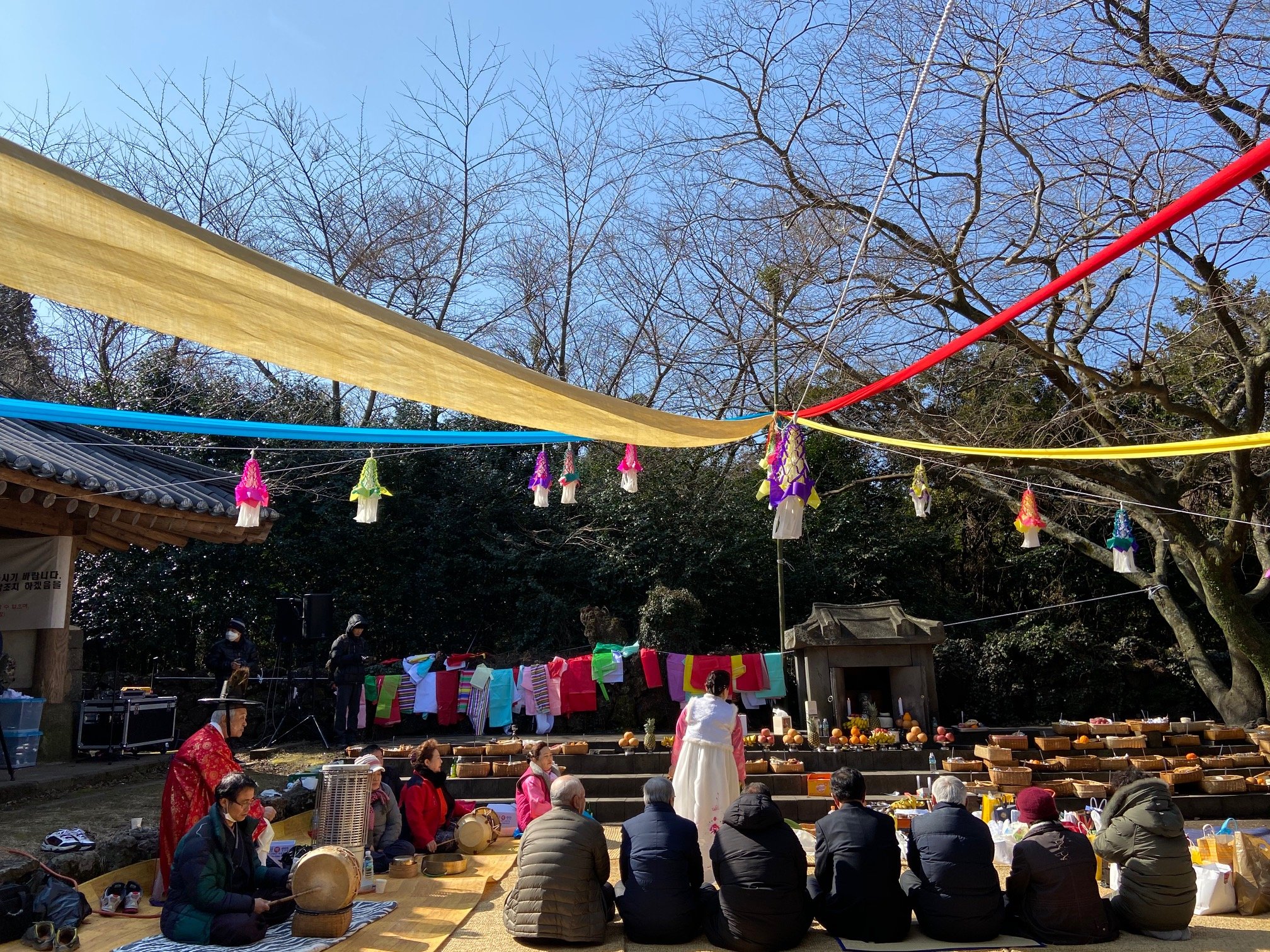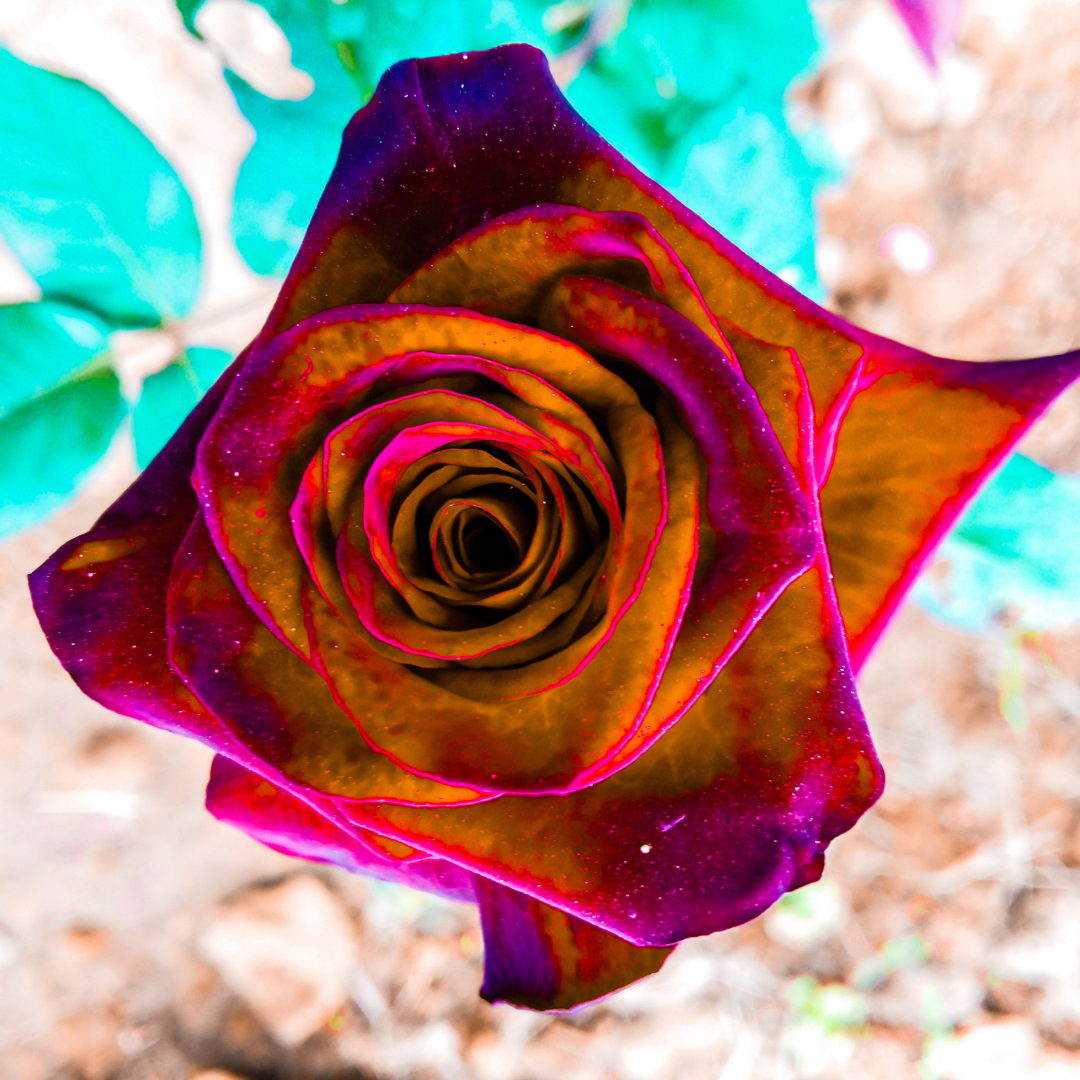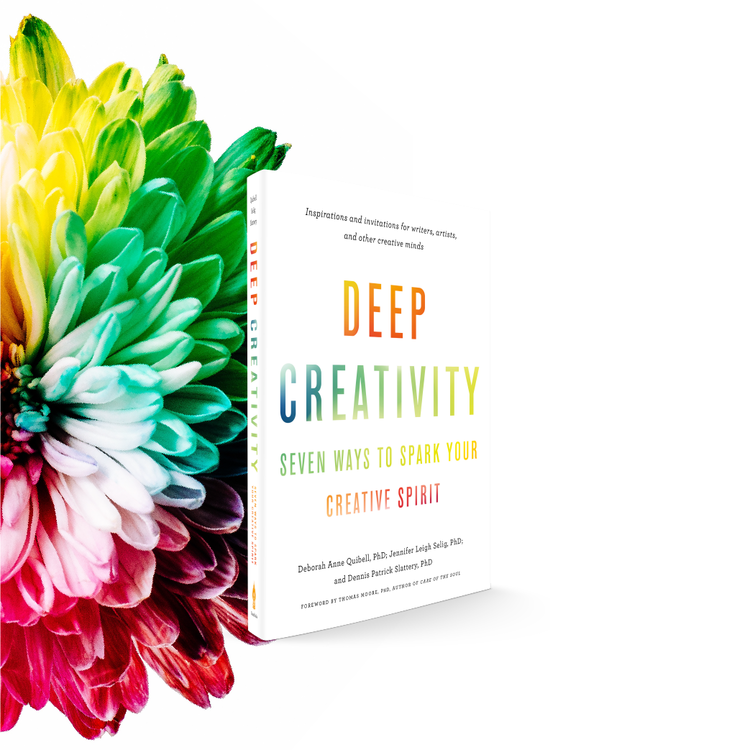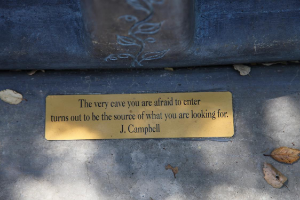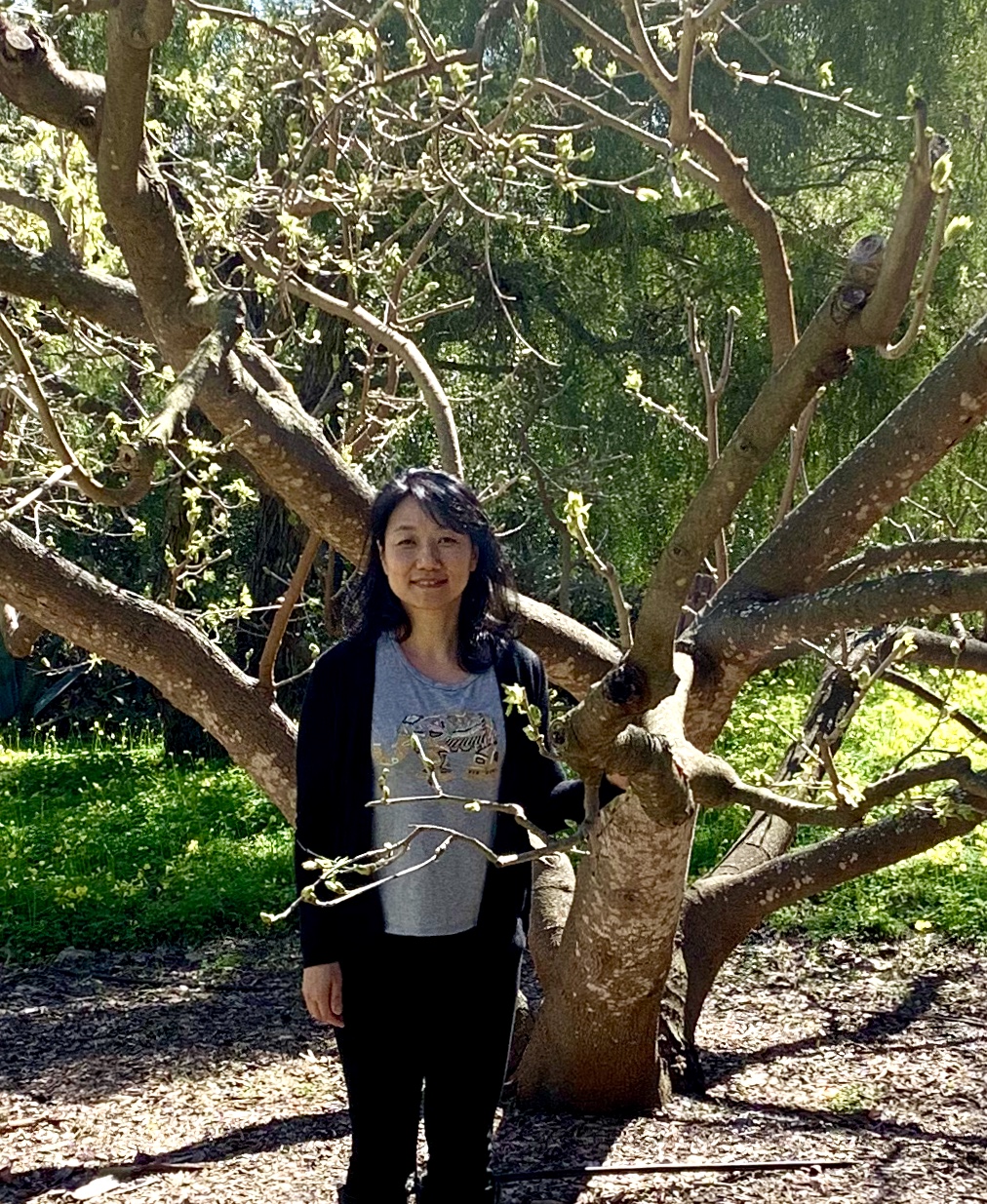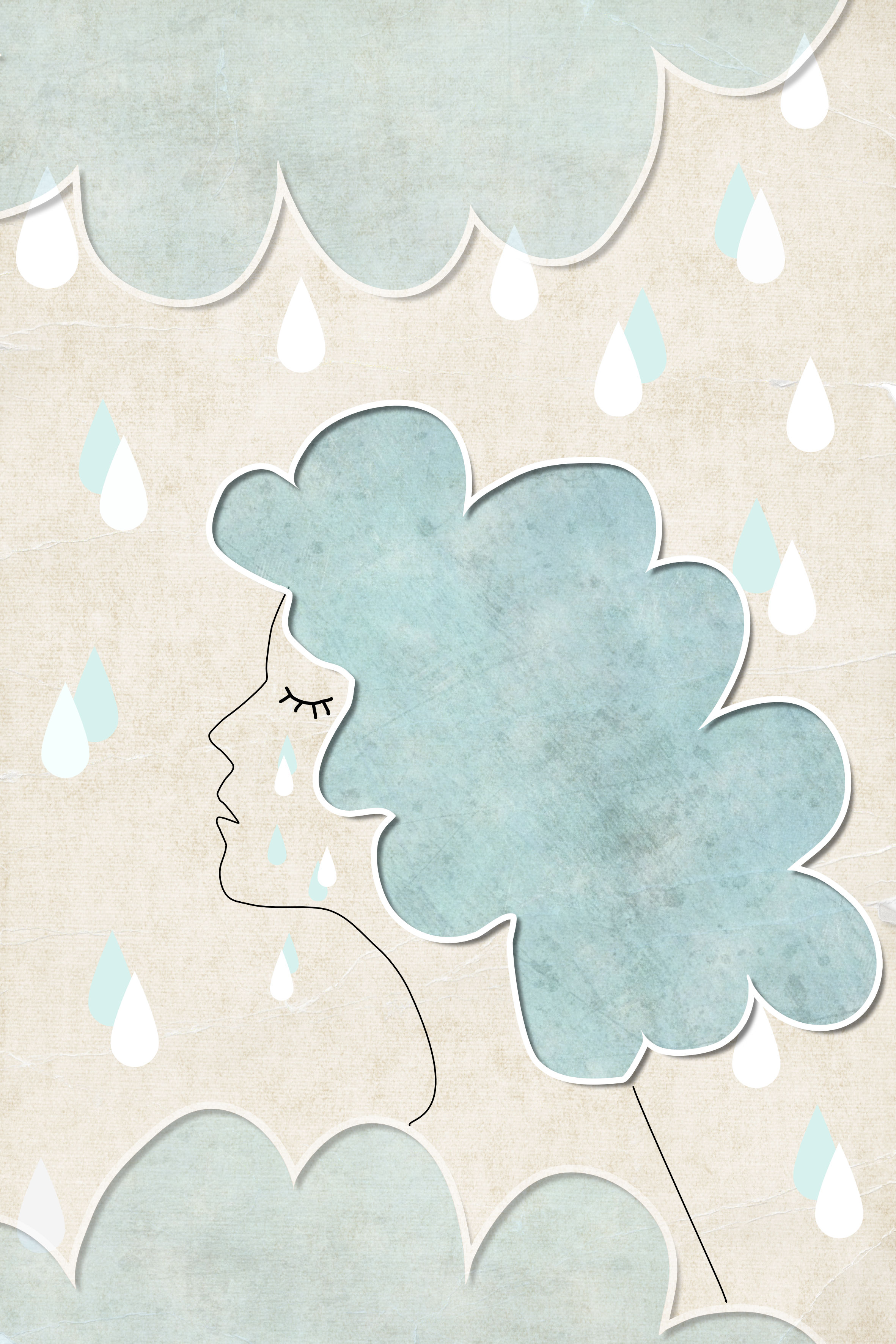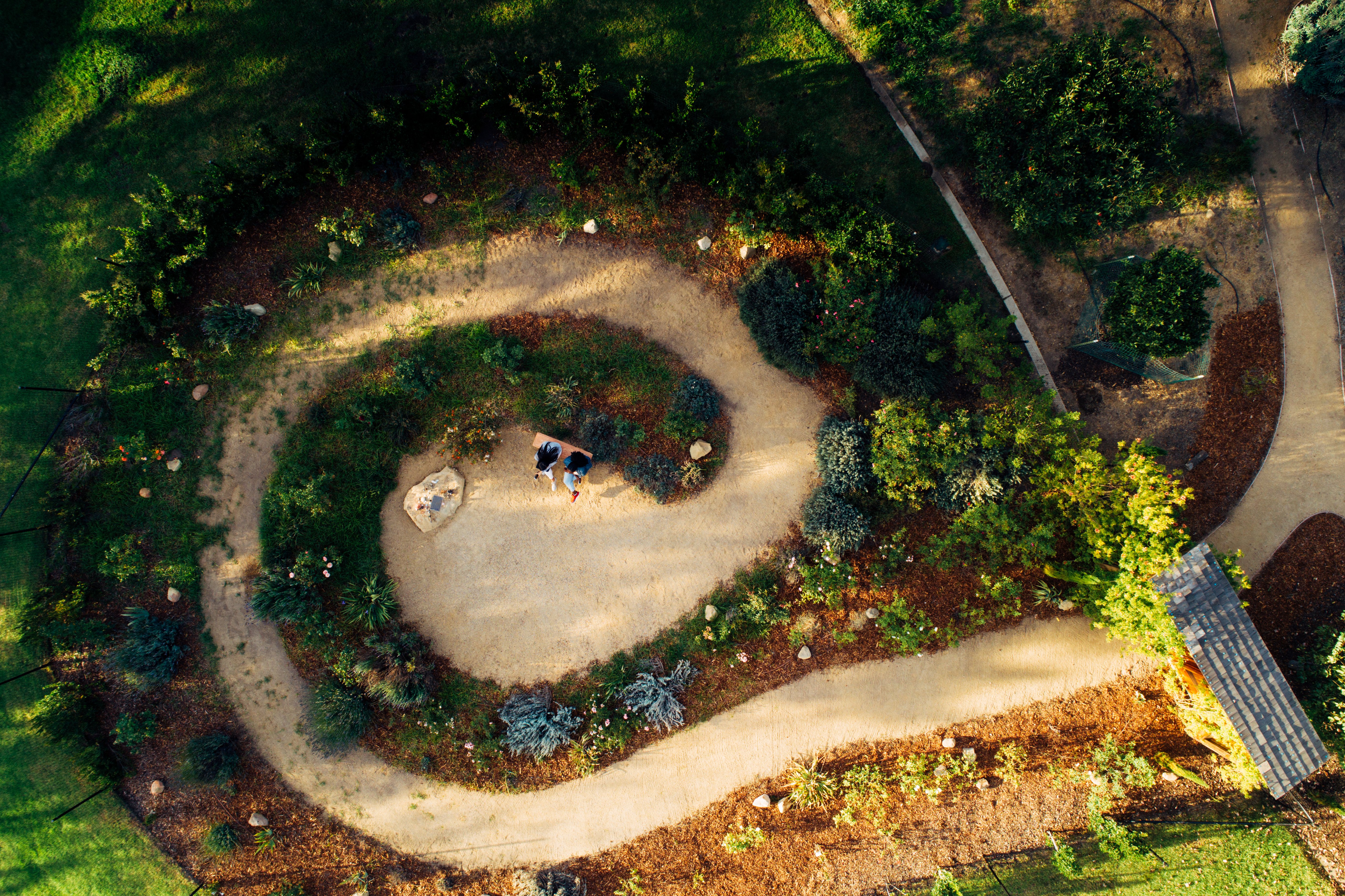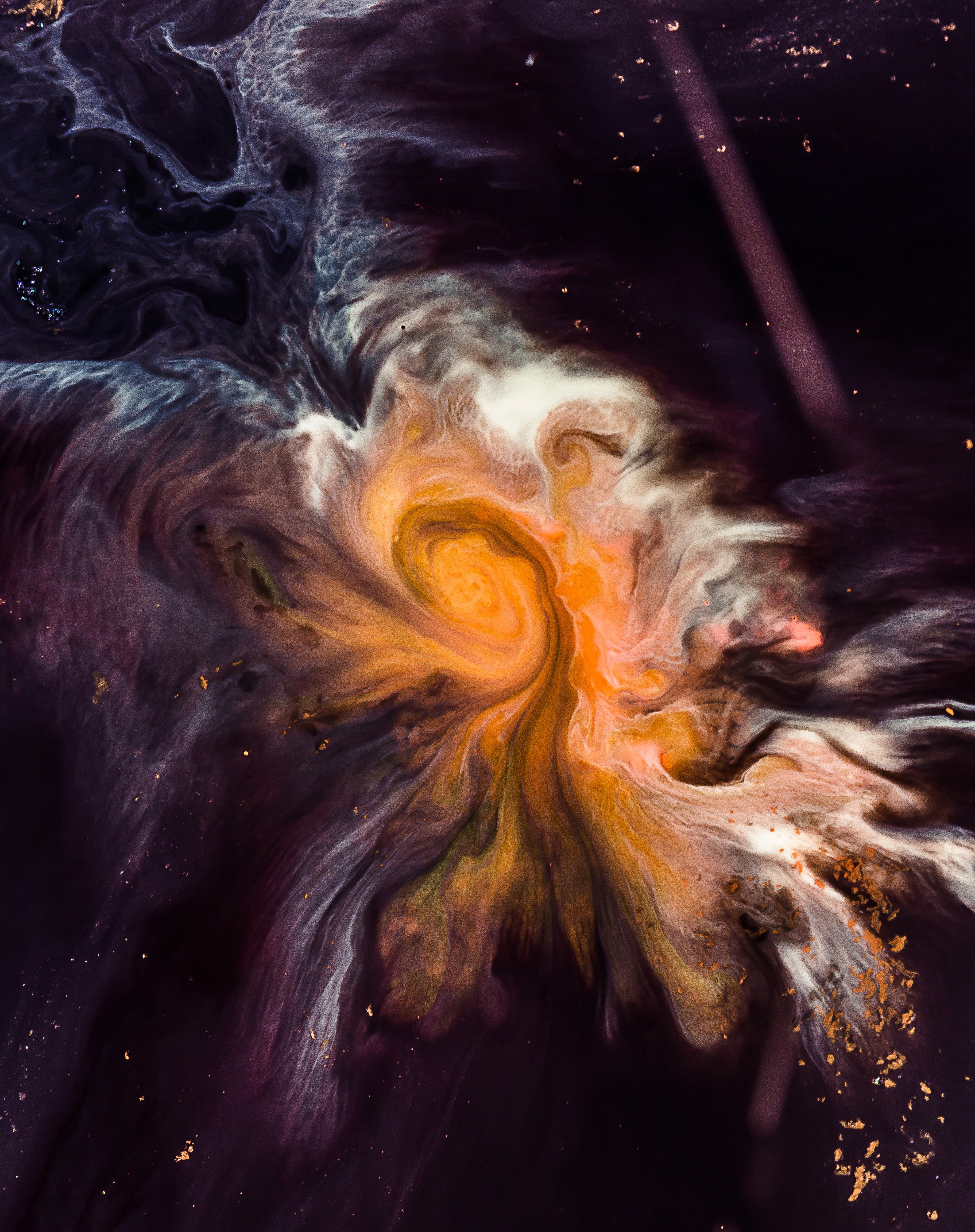Professor William Barnard, Ph.D. will be giving a talk on “The Religious Use of Psychedelics: The Santo Daime” in the upcoming Pacifica conference “Accessing the Ineffable: Depth Psychology, Religious Experience, and the Further Reaches of Consciousness” on June 19, 2021. This conference will bring together an eclectic group of scholars to investigate to mysterious elements at the foundation of Jungian depth psychology – “consciousness” and the expansive potentialities of a non-local “unconscious.” For more information on this event, please click here. [https://retreat.pacifica.edu/accessing-the-ineffable/] I was delighted to spend time talking with Bill and learning more about his research and experiences.
Angela: You are a professor of religious studies, and will be presenting a talk on the use of psychedelics in religion, in particular, the Santo Daime, which you describe as “a relatively new religion that emerged out of the Amazon rainforest region of Brazil in the middle of the twentieth century and which now has churches throughout the world; a religion in which a psychedelic brew – ayahuasca – is taken as a sacrament.” For those who are not familiar with ayahuasca, can you tell us the basics of where it comes from, what it is, and how the experience of ingesting would lead people to consider it a sacrament?
Read More
Posted in:
Connecting Cultures,
Pacifica Events,
soul,
depth psychology,
meditation,
The Retreat at Pacifica
Heesun Kim is a bright presence in our Ph.D. program for Integrative Therapy and Healing Practices, where her studies focus “on exploring the critical connections between psychology, spirituality, and holistic healing practices.” She has recently been honored as a semi-finalist in the Fulbright program. Many alumni of the program have gone on to become winners of the Nobel Prize and Pulitzer Prize, as well as serving as heads of state. Heesun’s proposal is titled “Jeju Shamanism: Healing Intergenerational Trauma through Collective Mourning” and I’m delighted to discuss it with her.
Angela: Heesun, thank you so much for talking with me. You’ve said that your Fulbright project, if accepted, would “focus on how Jeju shamanism addresses intergenerational trauma and collective mourning as a community healing practice.” Please tell us a little bit about Jeju shamanism and how it intersects with your own family history in Korea. Is it a topic you found during your studies at Pacifica or is it something you’ve been aware of for a long while?
Heesun: Thank you for inviting me, Angela. Jeju is a beautiful island located in the southern part of South Korea. Unlike most of the mainland Korean regions, which have nearly lost their shamanic tradition due to rapid industrialization and western influences, Jeju Island still preserves the shamanic tradition through myths, folksongs, and oral traditions in rituals. The island has a tragic history of a massacre between 1948 and 1954; approximately 30,000 civilians were killed when Korean authorities and right-wing vigilantes, with the US military's compliance and oversight, brutally suppressed a popular uprising.
Read More
Posted in:
Connecting Cultures,
Pacifica Events,
creativity,
soul,
depth psychology
Deep Creativity: A Video Interview with Deborah Anne Quibell, Ph.D.
By Angela Borda
“Along the creative’s path, the smallest of things demand our gasp, our loving attention, our fixed gaze, and our compassionate noticing. To gasp is to take in or breathe in the world around us. In depth psychological language this is known as the primary, aesthetic response of the heart.”
— Deborah, Deep Creativity
In the process of writing the book, we realized we were fleshing out new ways of looking at creativity, new lenses informed by our mutual backgrounds in depth psychology. We compiled these lenses into “The Fifteen Principles of Deep Creativity.”
We chose the word principles to suggest our fundamental thoughts, the underpinnings of the union of depth psychology and creativity.
These are themes rather than definitions; these are convictions rather than truths; these are perspectives rather than facts. They are the way we see the creative world and our place within it, and we offer that vision to you. Take a look at what Deborah has to say about Deep Creativity in her videos below.
Read More
Posted in:
Pacifica Events,
creativity,
art,
soul,
depth psychology
Deep Creativity: An Interview with Jennifer Leigh Selig
By Angela Borda
Jennifer is a prolific writer with three screenplays and twenty-two books she has been involved with. Passionate about travel and photography, she is the co-author of Deep Creativity: Seven Ways to Spark Your Creative Spirit and will be co-presenting the Pacifica workshop of the same name with Pacifica scholars Deborah Anne Quibell and Dennis Slattery on March 5–7, 2021. She and Deborah Anne Quibell will also teach a three-month intensive March 8–May 31, 2021. Visit us for more information here. I was delighted to speak with Jennifer, as she is exemplary of Pacifica’s deep-thinking and inquiring spirit.
Angela: What teaching dynamic do you share with Dennis and Deborah and what kind of atmosphere and interaction can participants look forward to between the three of you and with them?
Jennifer: My relationship with Deborah and Dennis is one of the most important and rewarding relationships of my life, and I think that shows up in our teaching dynamics. From the beginning of our collaboration, it was really clear that we respect one another. We each so value what the other two bring—as teachers, as writers, and as human beings. And, there’s a genuine mutual affection for one another, a real love and care for one another that we don’t attempt to hide or to cloak under a veil of professionalism. I think that goes a long way to putting participants at ease, knowing they are in the company of good friends. We learn a lot from our interactions, and we see ourselves as co-learners along with our participants. I look forward to Dennis’ and Deborah’s sessions during the weekend, in the same way I always looked forward to reading their chapters when we were drafting the book. Also, they are both fantastic listeners, so I know that after presenting my sessions, when I open it up to them for discussion, they are going to ask great questions and offer astute comments.
Read More
Posted in:
Pacifica Events,
creativity,
art,
soul,
depth psychology
An Interview with Dennis Slattery, Ph.D.
by Angela Borda
Dennis Slattery is a beloved professor emeritus of mythology at Pacifica, with over fifty years of teaching experience and 30+ books published, along with seven books of poetry. He is the co-author of Deep Creativity: Seven Ways to Spark Your Creative Spirit and will be co-presenting the Pacifica workshop of the same name with Pacifica scholars Deborah Anne Quibell, Ph.D., and Jennifer Leigh Selig, Ph.D., on March 5–7, 2021. Visit us for more information here. I felt very privileged to discuss Dennis’s work with him, as he is deeply thoughtful about the liminal realm of imagination and creativity within the context of mythology and depth psychology.
Angela: How does mythology intersect with creativity?
Dennis: Intersect is the right verb to use. The last volume of J. Campbell’s four-part Masks of God is entitled “Creative Mythology.” Myths themselves are creative expressions of the individual/communal soul. The call to create is a call to uncover the myth that is our own, and which communes with other souls. Both require a belief in the invisible forces at work in the world. I think that the unconscious is a creative terrain from which many of our inspirations spring.
Creating is a form of mythologizing ourselves further and becoming more conscious of what that feels like. Creative inspiration comes, in part, from the myth within that we are each living out. Creative expressions fuel that growing awareness.
Read More
Posted in:
Pacifica Events,
creativity,
art,
soul,
depth psychology
Curandera and storyteller, Clarissa Pinkola Estes, speaks of depth psychology as a way to “the river beneath the river,” to a place that delves deeper than the surface of things into implicit and nonlinear knowing and broadens the subtle field of intersubjectivity, integrating systems of being. Integratio may be fostered by a restoration of “beginner’s mind” to renew a sense of wonder, openness, feeling, and curiosity.
Perhaps you are aware of something that drives you, breathes you, that has brought you here to inquire about our integrative program and to do so now in this intense time of global uncertainty, paradox, and possibility?
What is speaking to you and through you? Why DPT now?
Read More
Posted in:
C.G. Jung,
depth psychology,
admissions,
Integrative Therapy & Healing Practices
A blog post by Melissa Ruisz Nazario based on an interview with Heesun Kim, LMSW.
Many times, when prospective students visit Pacifica, they describe their experience as feeling “called” to the school, perhaps because of the campus, the community of people they meet, and oftentimes, Pacifica’s mission “to tend to the soul in and of the world.”
Similarly, when Heesun Kim, LMSW, a first year student in Pacifica’s Ph.D. Program in Depth Psychology with Specialization in Integrative Therapy and Healing Practices, first arrived at the Lambert Road campus in Santa Barbara, she felt it was a homecoming.
Read More
Posted in:
Psychology,
depth psychology,
Pacifica Students,
Pacifica Graduate Institute,
narrative,
interview,
Integrative Therapy & Healing Practices
A blog post by Melissa Ruisz Nazario based on an interview with Heesun Kim, LMSW.
About five or six years ago, Heesun Kim, LMSW, a student in Pacifica’s Ph.D. Program in Integrative Therapy and Healing Practices, was on the subway in New York City, and she noticed a woman sitting in front of her with tears streaming down her face. She was trying so hard to hold in those tears. It was a face that felt very familiar to Heesun, and she thought about the many times she had been in a similar situation.
“So I remember I was, a couple times, I ended up in the public bathroom, so I had to cry there,” she says. “And then I thought, you know, my grief, my sadness or all this sorrow needs to be respected, not in the corner of a public bathroom.”
Read More
Posted in:
The Psyche,
transformative,
Psychology,
depth psychology,
images,
Pacifica Graduate Institute,
narrative,
somatic,
relationship,
relationships,
interview,
Integrative Therapy & Healing Practices
A blog post by Melissa Ruisz Nazario based on a webinar presented by Keiron Le Grice, Ph.D.
What is archetypal cosmology, and why might you want to study it? Check out the post Archetypal Cosmology, Part I: Beyond Outer and Inner Space for a more in-depth description that gives background on the field.
To summarize, archetypal cosmology is a new discipline but rooted in the ancient practice of astrology. It is based on the idea that the celestial bodies like the solar system’s planets and the sun and their relative configurations reflect the deep order of the psyche—the psyche being the totality of psychological experience, according to C.G. Jung.
Read More
Posted in:
The Psyche,
James Hillman,
archetypes,
Psychology,
soul,
depth psychology,
psyche,
humanities,
Pacifica Graduate Institute,
sacred,
cosmology,
symbolism,
Spiritual
A blog post by Melissa Ruisz Nazario based on a webinar presented by Keiron Le Grice, Ph.D.
Astrology is the ancient practice of looking at the relative positions of celestial bodies and their relationship and influence on earth, the natural world, and humans. [1] Depth psychology has to do with psychologies and therapies involving “the exploration of the subtle, unconscious, and transpersonal aspects of human experience.” [2]
Read More
Posted in:
The Psyche,
James Hillman,
archetypes,
Psychology,
soul,
depth psychology,
psyche,
humanities,
Pacifica Graduate Institute,
sacred,
cosmology,
symbolism,
Spiritual



